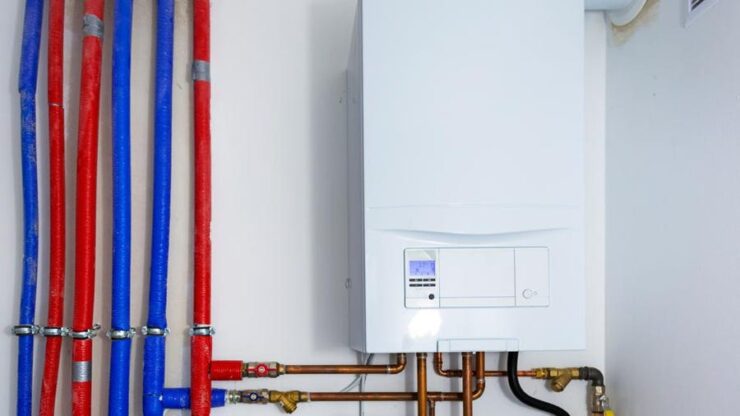Table of Contents
Getting hot water is not a big deal, but getting it while saving more time and costs can be a little bothersome. The straightforward solution for this daily problem is switching to a tankless heater. Tankless heaters, alias on-demand heaters, generate hot water only when you need it the most. They do not have to go down to the low energy phase, which is quite a common problem faced with conventional heating devices.
However, can tankless water heating devices be a worthwhile investment? With a premium quality tankless water heater, you can ensure all your water heating problems are solved at the earliest. You can check this site to choose from a premium range of tankless water heaters.
How Do Tankless Water Heaters Work?
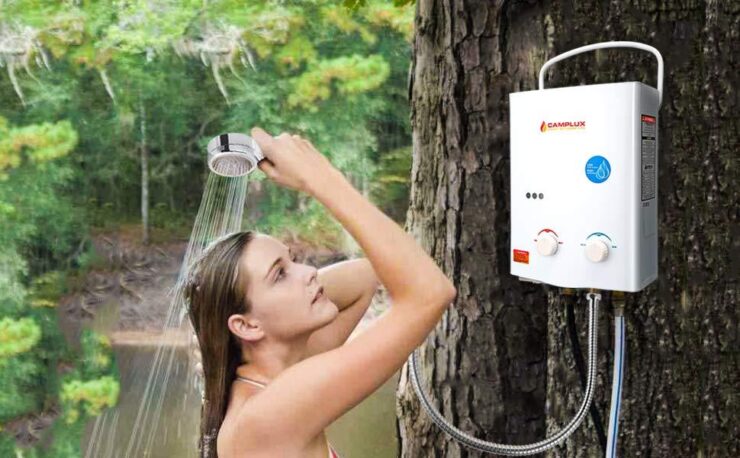
Tankless heaters take up a lot less space compared to conventional water heating devices, as they are a direct source to heat water. After turning the device on, the cold water passes from a pipe into the tankless heating unit, where it gets the heat of an electric element or a gas burner. This way, you get a constant, ready-to-use hot water supply within minutes.
The average capacity of tankless heaters is around two to five hot water gallons per minute. The Gas-fired tankless heaters generate better flow rates than the electric models.
Tankless Water Heater Common Benefits
For large families going through lots of hot water, installing up to one tankless heater is quite common. It ensures enough hot water for laundry, dishwasher, and showers. The article further discusses the 10 best benefits of tankless heaters and the reasons to prefer these to conventional ones.
Long Lasting Devices Compared To Conventional Water Heaters
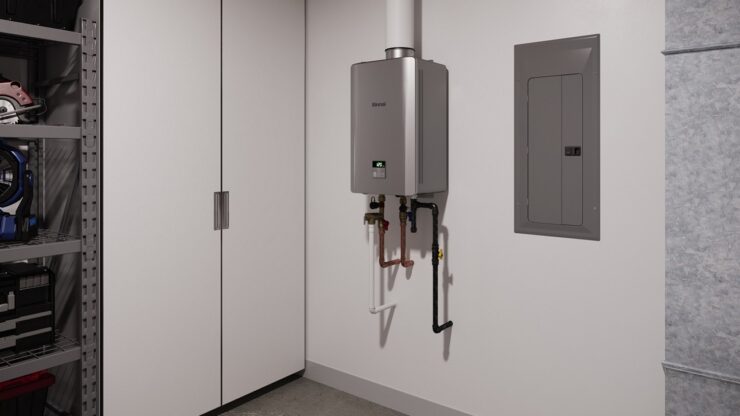
With standard heating devices, you get a great life expectancy of about ten years, while with the tankless variants, you can expect a working life of almost double duration.
On installing a tankless heater in the house, you can get higher in the long run. You won’t need to spend more money on repairs and replacement of the heating unit anually.
Lesser Average Monthly Costs
Despite higher initial costs, than the reports, tankless heaters deliver 22% more electricity savings than conventional heaters. Therefore, saving more monthly money is possible without too much energy consumption.
Installation Is Simple, And You Can Fit The Same Into Little Pieces
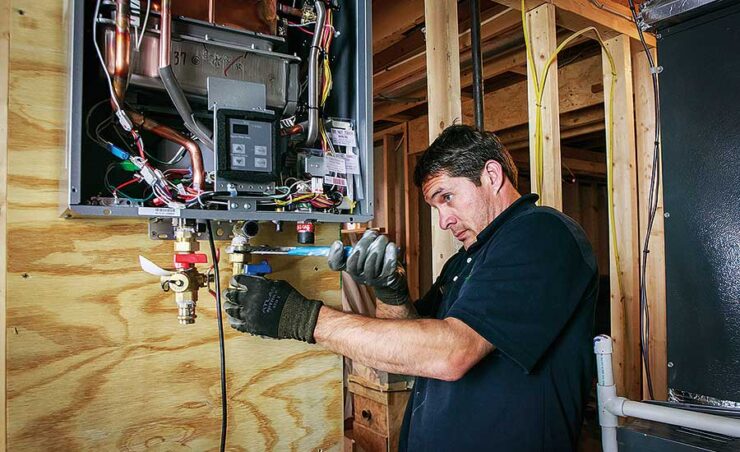
Tankless heating units are smaller than conventional heating units, making them simpler to attach and install to the walls of your bathroom. It is possible to install one without even compromising on décor as it isn’t bulky or too large.
Due to smaller size tankless heaters perfectly suit smaller houses or for people who want minimalistic interiors.
Overcome Any Standby Losses
There are many differences between conventional and tankless heaters, and the difference is that with the latter, the water gets heated even when it isn’t in use. The outcome is that the standard heaters require higher energy, and users end up paying higher electricity bills. However, with tankless heaters, you get quick hot water, and you overcome ‘standby loss.’
They Offer An Uninterrupted Supply For Hot Water
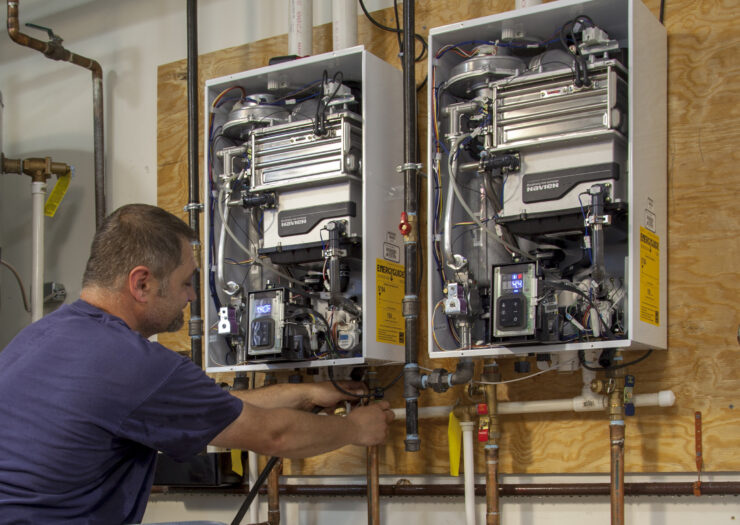
With conventional heaters, you get limited storage space for hot water. Therefore in houses with conventional heaters where the family members would be able to consecutively shower, the supply might run out.
Additionally, exhausting hot water supply would take some time. Tankless heaters don’t work with water-storing system. Instant heating is possible, making it suitable for use of many people for simultaneous showers. Even when taking consecutive showers, the water should be heating, resulting in continous hot water supply for the day.
Extended Warranty Compared To Conventional Ones
The average tankless water lifespan is around two decades, which makes it more durable and long-lasting than conventional heaters. When anything is wrong with the heater, customers can approach the company for repair and replacement for free.
Perfect For Household With Many Family Members
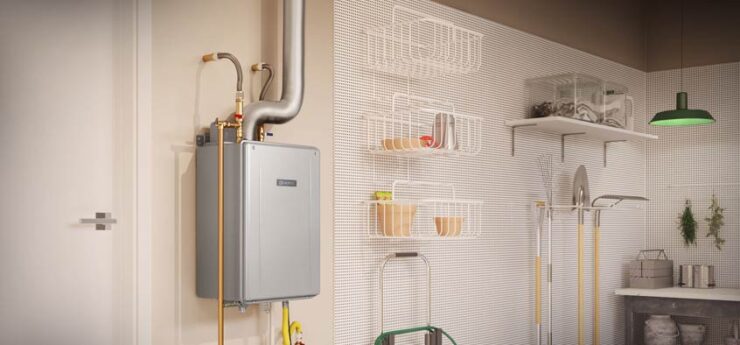
The consumption of hot water would also be considerably less in a small home with few family members. A tankless heater would be a great choice in many cases as they compensate for standby loss. Tankless heaters would also solve the issue of inconsistent supply of running hot water as lesser people would mean less amount of consistent hot water use.
Can Operate On Many Sources Of Energy
As the technology of tankless heaters is new, it makes sense that consumers get various energy source choices for different models.
It is possible to power tankless heaters through natural gas and electricity. While both types are available with pros and cons, an electric heater would also prevent costly service fees or problems because of shotty gas lines.
Low Risk Of Damage And Leaks To The House
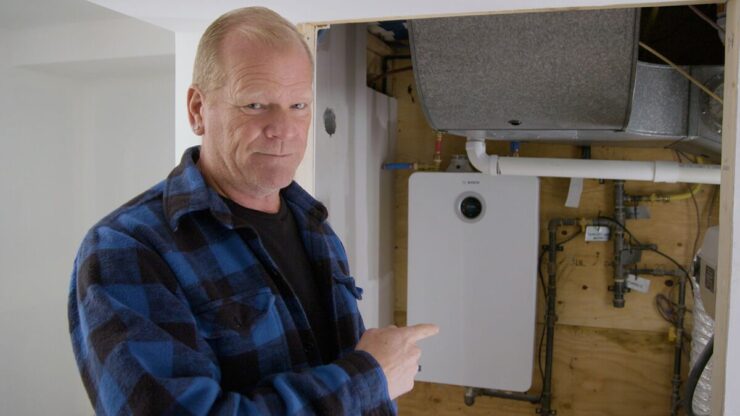
As no water-holding tank is there and the unit is located outside, homeowners want to avoid bearing the risks of a leaking system or mishaps within the house on the installation of a tankless system. Additionally, without the correct maintenance, tankless heaters also have a high explosion risk, a costly and dangerous occurrence that no homeowner wants to face and avoidable with tankless heaters.
When you think of replacing the heater with a tankless version, you must talk to a professional about the best tankless heater size and type. Some also have Wi-Fi control options! While getting professional installation advice, you will know the right solution for your house and requirements.
Summary
While heaters are a vital part of everyone’s house, it would not be possible to survive without one. Investing in tankless heaters would be worthwhile when you are concerned about making more sustainable choices.
Consider tankless heaters are long-term investments that would not only make the house more energy efficient but would also help appreciate the total resale value of the house. Additionally, the tankless heater changes how you consume and encourages you to use it responsibly. Ultimately, you are the sole decision-maker. You can evaluate the requirements depending on things vital for you and your family.

